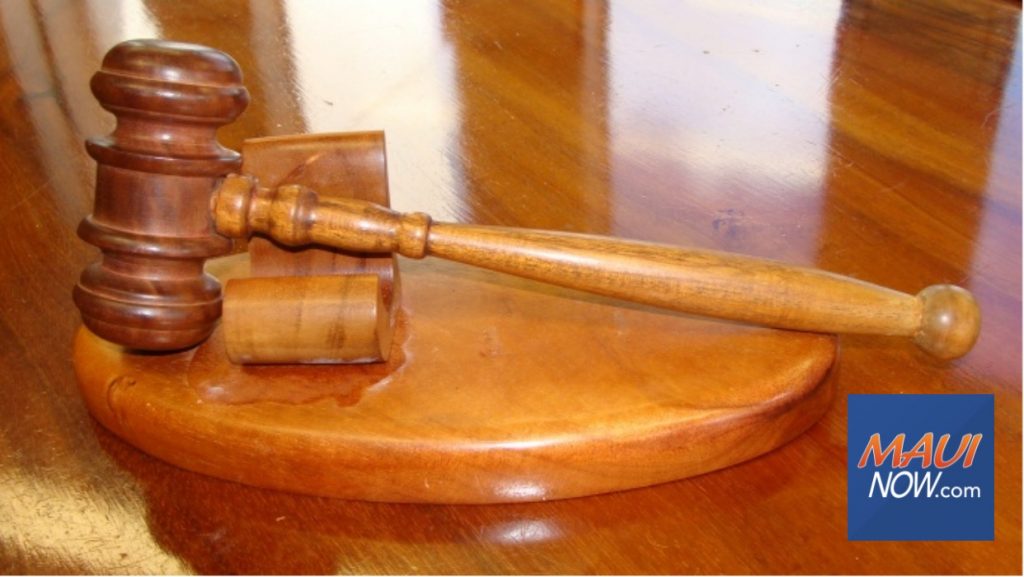State and local government prevail in case regarding vulgarity on vanity plates

The US Court of Appeals for the Ninth Circuit ruled in favor of the State of Hawai‘i and the City and County of Honolulu in a lawsuit challenging state and local rules prohibiting the use of expletives on personalized license plates, finding that the relevant state and local rules are constitutional.
In early 2021, Edward Odquina applied for and received a license plate with a vulgar connotation.
According to court documents, the first three letters of the plate “FCK” are an implied expletive, and the second three letters “BLM” refer to the movement and organization known as Black Lives Matter.
In July 2021, the City and County of Honolulu recalled Odquina’s plate due to his use of the implied expletive and directed him to return it. Odquina refused for over a year and on Sept. 9, 2022, filed suit in the US District Court for the District of Hawai‘i, alleging that the state and local rules regarding content on personalized license plates were illegal and infringed on his constitutional rights.
On Nov. 4, 2022, US District Court Judge Derrick K. Watson denied Odquina’s motion for a preliminary injunction and temporary restraining order, siding with the government.
Odquina appealed and in its opinion filed on June 28, 2023, the Ninth Circuit Court of Appeals affirmed the order of the District Court, holding that the state and local rules are reasonable and do not restrict messages based on their viewpoint.
Deputy Attorney General Isaac Ickes represented the State, and Deputy Corporation Counsel Daniel Gluck represented the City and County of Honolulu, with both arguing before the Ninth Circuit.
“We are pleased with the Ninth Circuit’s decision that the City’s regulations for personalized license plates are constitutionally permissible,” said City and County of Honolulu, Department of Customer Services Director Kim Hashiro. “We recently held a public hearing on proposed amendments to the current regulations and will continue to apply clear, objective, and reasonable guidelines regarding acceptable and unacceptable number/letter combinations.”
“We are happy but not surprised that the Ninth Circuit came to the correct conclusion,” says Ickes. “We were confident they would uphold Judge Watson’s order, following the same clear reasoning. It was a pleasure to work collaboratively with the City and County of Honolulu on this case.”
The case is Odquina v. City & County of Honolulu, et al., No. 22-16844. A copy of the Ninth Circuit’s opinion can be found here. The US District Court’s order can be found here.







